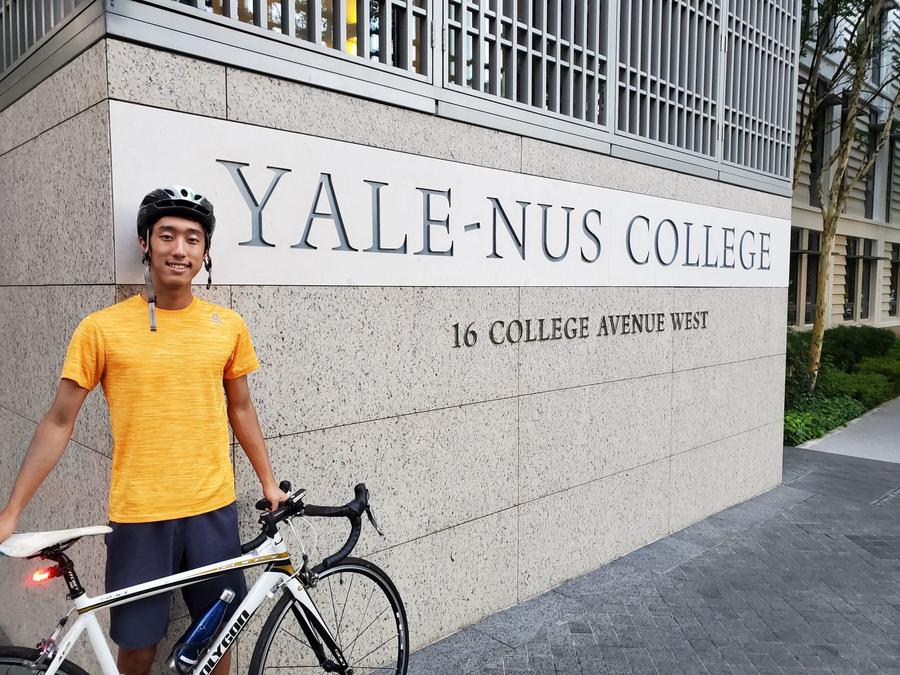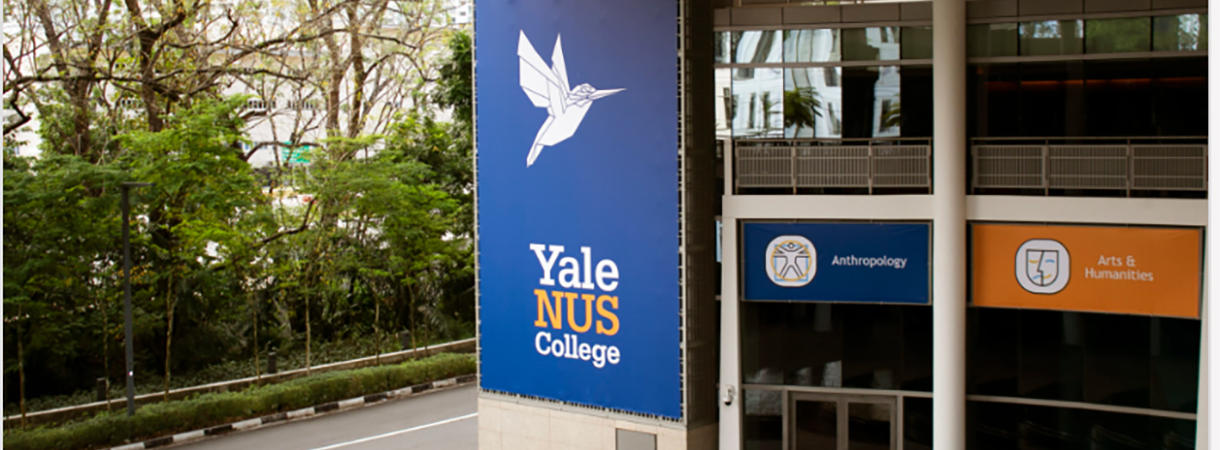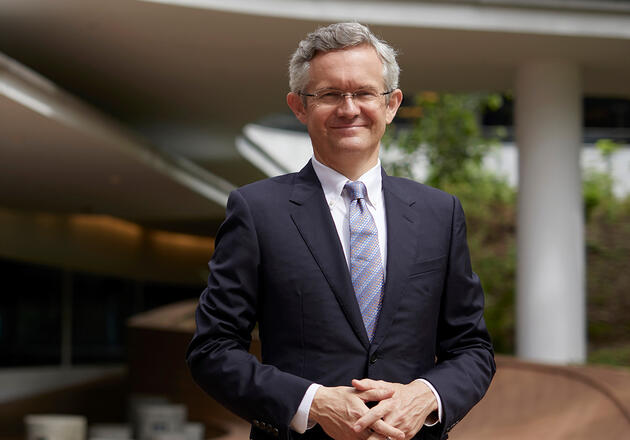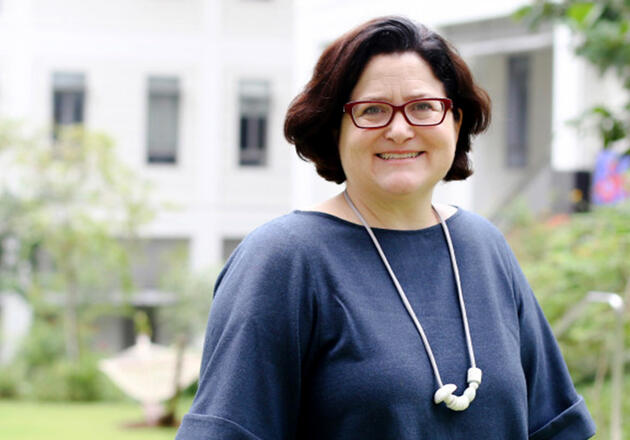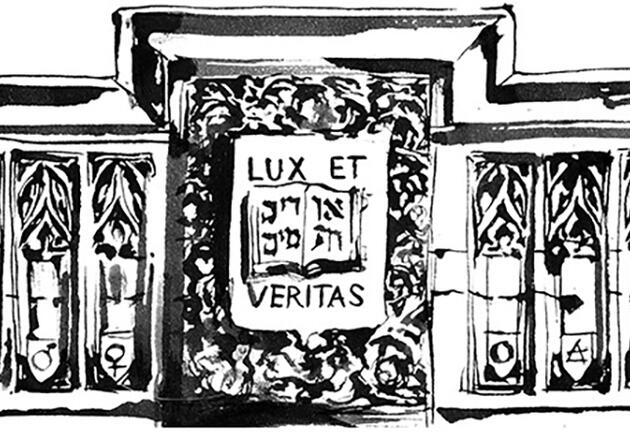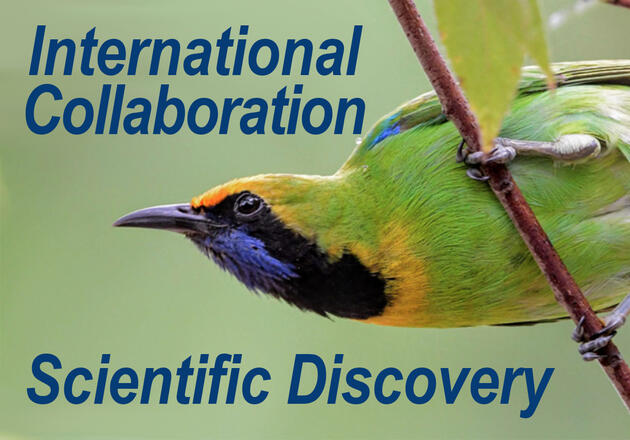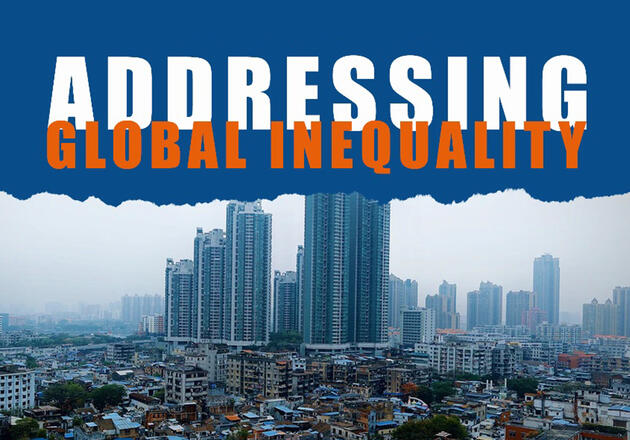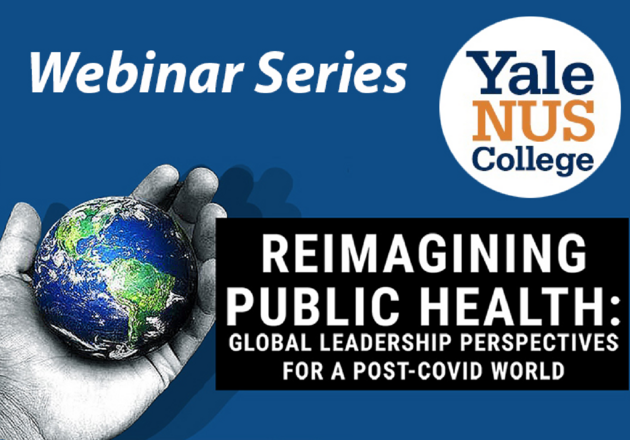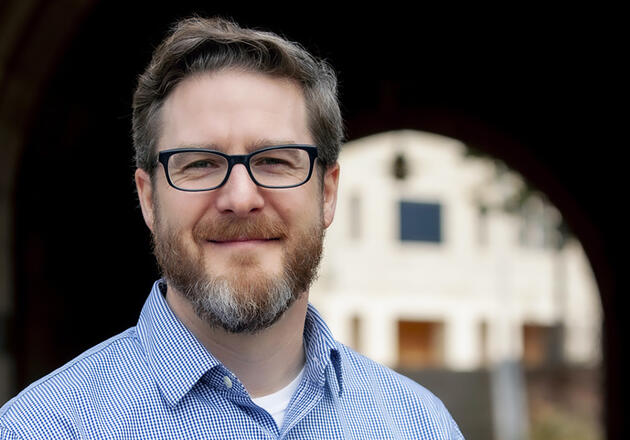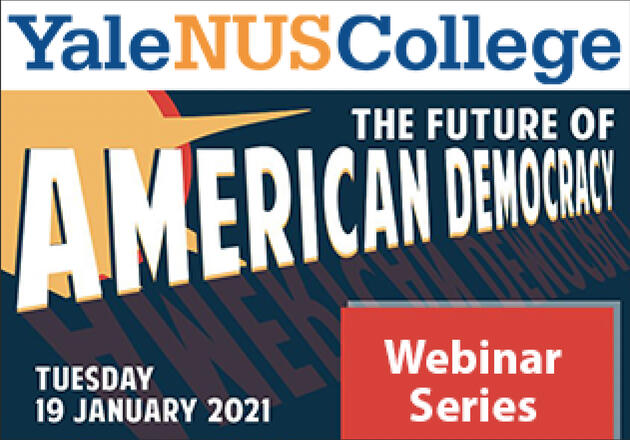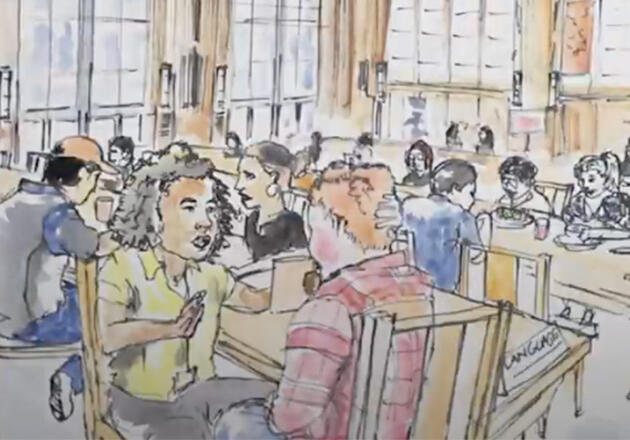As Yale-NUS College moves into its sixth academic year, several faculty members will be taking on new responsibilities at the College from 1 July onwards.
Students at Saga and Elm Residential Colleges will be welcoming new Rectors.
Associate Professor of Science (Life Sciences) Khoo Hoon Eng will be taking over as the Rector of Saga College from incumbent Rector Sarah Weiss while Associate Professor of Humanities (Philosophy) Amber Carpenter takes over from Professor of Science Brian G McAdoo.
Samuel and Liselotte Herman Professor of Social and Behavioural Sciences, Professor of Psychology at Yale University and Visiting Professor at Yale-NUS College Jeannette Ickovics will be taking the helm as Dean of Faculty. She takes over from Professor Joanne Roberts, who has been appointed the College’s Executive Vice President (Academic Affairs).
As the Founding Director of Social and Behavioral Sciences at the Yale School of Public Health, Professor Ickovics’ research investigates the interplay of complex biomedical, behavioural, social and psychological factors that influence individual and community health. She uses this lens to examine challenges faced by those often marginalised by the health care system and by society.
Having served as a Visiting Professor at the College for a year, Professor Ickovics noted that Yale-NUS College is “an extraordinary place with its focus on liberal arts and sciences”.
“The faculty, students and staff are smart and dedicated – innovators and risk-takers. Also, Asia is the centre of global growth in many sectors, and therefore a really exciting place to be,” she shared.
Professor Ickovics was also Director of CARE (Community Alliance for Research and Engagement) and Deputy Director for the Yale Center for Interdisciplinary Research on AIDS. She started as a post-doctoral fellow at Yale University in 1989, and joined the faculty there in 1992.
“I love envisioning new academic endeavours and putting the effort into turning ideas into action. I look forward to working with faculty, students and staff, as well as alumni, parents and community partners, to continue to strengthen and grow Yale-NUS College.”
Reflecting on the challenges she looks forward to tackling in her new role, Professor Ickovics noted that “Yale-NUS College is still new – in our first decade”.
“Like any new institution, challenges arise from needing to simultaneously address many things. We are in a good place to stabilise college leadership and strengthen the foundation on which the college was founded.”
At the same time, she hopes to steer the college towards the future.
“Concurrently, we must look to the future – continue to innovate and be on the cutting edge of education, research and service to the global community. I want to be part of implementing and reinvigorating the original vision, sense of adventure, joy and purpose of Yale-NUS College,” she added.
At her presentation to the faculty, she outlined four cornerstone initiatives that she plans to implement. This includes cross-divisional and transdisciplinary scholarship, teaching in the spirit of liberal arts and sciences tradition, and strengthening ties with both parent institutions.
Outside of work, Professor Ickovics recently took up swimming again because of the wonderful climate in Singapore.
Relatedly, it was the opportunity to “lead and share intellectual life among the dynamic community” at Yale-NUS that motivated Assoc Prof Carpenter to take up her new role as Rector of Elm College.
“I hope to promote the intellectual life of Elm College, particularly opening up the possibility of that mode of engagement to students who might never have come across it before. Whatever one’s interests or goals, there is space for thoughtfulness, for loving truth and beauty,” she shared.
A philosopher who has published widely on Greek philosophy in prestigious international journals, Assoc Prof Carpenter also has deep expertise in Indian Buddhist philosophy.
Drawn to Yale-NUS as the ideal place to pursue philosophy without borders, she has shaped the Philosophy and Political Thought course and, as Head of Studies, the Philosophy major.
On the culture that she plans to foster in Elm College, she shared that she hopes to “draw attention to the way in which we co-create the world we live in”.
“We have responsibilities to and for each other – whatever we do, or don’t do, affects those around us – without any one of us having the right to absolute authority or control over our shared world. We can see this acutely in microcosm in the residential college but it is true quite generally too,” she explained.
In addition, Assoc Prof Carpenter acknowledged the legacy that Rector McAdoo has built.
“Rector McAdoo encouraged a great deal of student initiative, creating a community that supported each other in realising their diverse projects, and actively reaching beyond the boundaries of the College. I’d like to continue that collaborative and engaged spirit,” she noted.
On a quirky fact about herself, Professor Carpenter shared that she enjoyed pottery.
“Back in the pre-parenthood days, lost in the mists of time, I very much enjoyed making pots. I like each part of the process – the throwing, the turning, the glazing. They each demand a different quality of attention; and there is something gratifying in making something concrete, to feel reality asserting itself in the resistance of the materials,” she reflected.
Before taking on her role as Rector of Saga College, Assoc Prof Khoo most recently served as Associate Dean (Academic Affairs). She joined Yale-NUS College in October 2011 as Director in the Office of the Executive Vice President (Academic Affairs) with responsibilities in faculty hiring, campus design and curriculum planning, before moving on to her appointment as Director of Special Projects in the Office of the President.
Residential life is something that is familiar to Assoc Prof Khoo, who herself studied in a fully-residential liberal arts college and also started one in Bangladesh. A noted biochemist and educationist, Assoc Prof Khoo was previously Vice-Dean at the Yong Loo Lin School of Medicine and the Provost and Acting Vice-Chancellor of the Asian University for Women in Chittagong, Bangladesh.
“While it will be challenging, I think that I can contribute by bringing my own experiences to this role. In addition, after the recent Residential Life review was completed this year, I learnt much more about residential living and how we would like to see it develop further,” Assoc Prof Khoo added.
A long-term goal she has for Saga College is to cultivate a “strong sense of community”, building on the traditions that Rector Weiss has established.
“Rector Weiss has built many amazing traditions at Saga so an immediate challenge is to familiarise myself with all the traditions that the Saga community would like to retain,” she shared.
In addition, she plans to introduce various initiatives for the Saga community, such as a buddy system for international and exchange students as well as exploring sustainable volunteering opportunities with nearby community centres.
Outside of college, Assoc Prof Khoo is co-founder of SAFE, a support group for family and friends of LGBTQ people in Singapore. Pre-presbyopia days, she used to enjoy cross-stitching but now hikes and cycles instead. She has cycled in the Mekong delta, Albania, Myanmar and from Bangkok to Siem Reap with her life-partner, Paul.
(Photo and story by Yale-NUS College)
